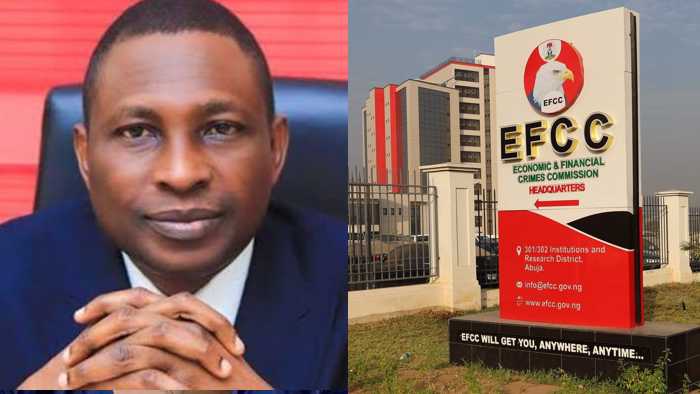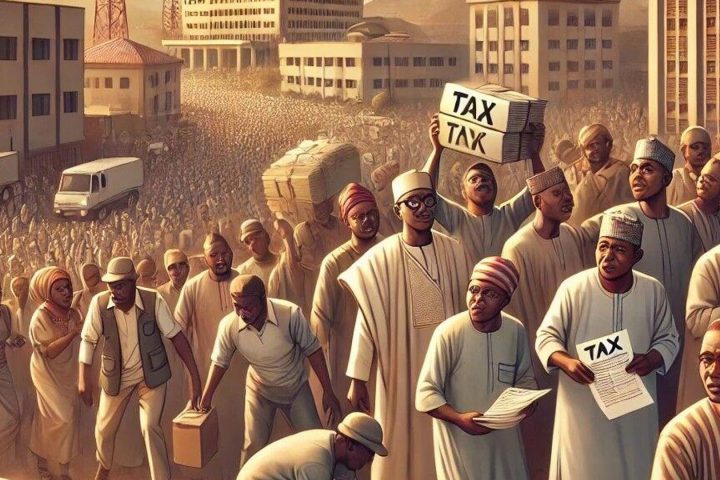The Organized Labour comprising the Nigeria Labour Congress (NLC) and the Trade Union Congress (TUC) has rejected a new minimum wage proposal from the Federal Government, sparking a fresh round of negotiations.
The Federal Government proposed a monthly minimum wage of ₦60,000, an increase from the ₦57,000 suggested last week. However, the Organized Labour dismissed the offer, citing it as insufficient compared to their reduced demand of ₦494,000, down from their initial ₦615,000 and last week’s ₦497,000.
Join our WhatsApp ChannelJoe Ajaero, President of the NLC, expressed his dissatisfaction with the government’s proposal. “It is still not substantial compared to what we need to make a family moving,” Ajaero stated, highlighting the struggles of workers under the current minimum wage of ₦30,000. “The economy of the workers is totally destroyed. In fact, the workers don’t have any economy. I think there are two economies in the country; the economy of the bourgeoisie and the economy of the workers. I think we have to harmonize this so that we can have a meeting point,” he added.
A member of the Tripartite Committee for the new minimum wage negotiations revealed that talks were deadlocked, with no agreement reached on a new wage. The committee, which includes representatives from the government, the Organized Private Sector (OPS), and the labour unions, faces a looming deadline of May 31 to conclude the negotiations.
READ ALSO: New Minimum Wage: Labour Union To Unveil Fresh Proposals At Meeting With Nigerian Govt Today
The OPS and government initially proposed ₦48,000 and ₦54,000, respectively, but these figures were also rejected by the labour unions. The unions argue that the current minimum wage of ₦30,000, established under the Minimum Wage Act of 2019, is no longer sufficient to meet the needs of Nigerian workers. This Act, signed by former President Muhammadu Buhari, requires a review every five years to address the contemporary economic demands of workers.
The labour unions lament that not all state governors are paying the current minimum wage, which expired in April 2024. They emphasize that the existing wage does not cover the basic living expenses of the average Nigerian worker, pushing for a substantial increase to reflect the rising cost of living.
Ajaero’s comments underscore the deep-seated frustration among workers. “The economy of the workers is totally destroyed. The workers don’t have any economy,” he said. The labour leader’s stark division of Nigeria’s economy into one for the bourgeoisie and another for the workers highlights the disparity and the urgent need for harmonization.
The NLC and TUC are firm in their stance, demanding a wage that will ensure the well-being of workers and their families. The Tripartite Committee is tasked with finding a middle ground that satisfies all parties involved. With only a few days left before the deadline, the pressure is on to reach an agreement that addresses the needs of the workers while considering the government’s and private sector’s positions.
As the negotiations continue, the Organized Labour remains resolute in their demand for a substantial minimum wage increase. The outcome of these talks will significantly impact the livelihood of millions of Nigerian workers, who are eagerly waiting for a fair resolution.
Emmanuel Ochayi is a journalist. He is a graduate of the University of Lagos, School of first choice and the nations pride. Emmanuel is keen on exploring writing angles in different areas, including Business, climate change, politics, Education, and others.



















Follow Us